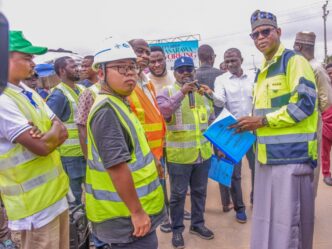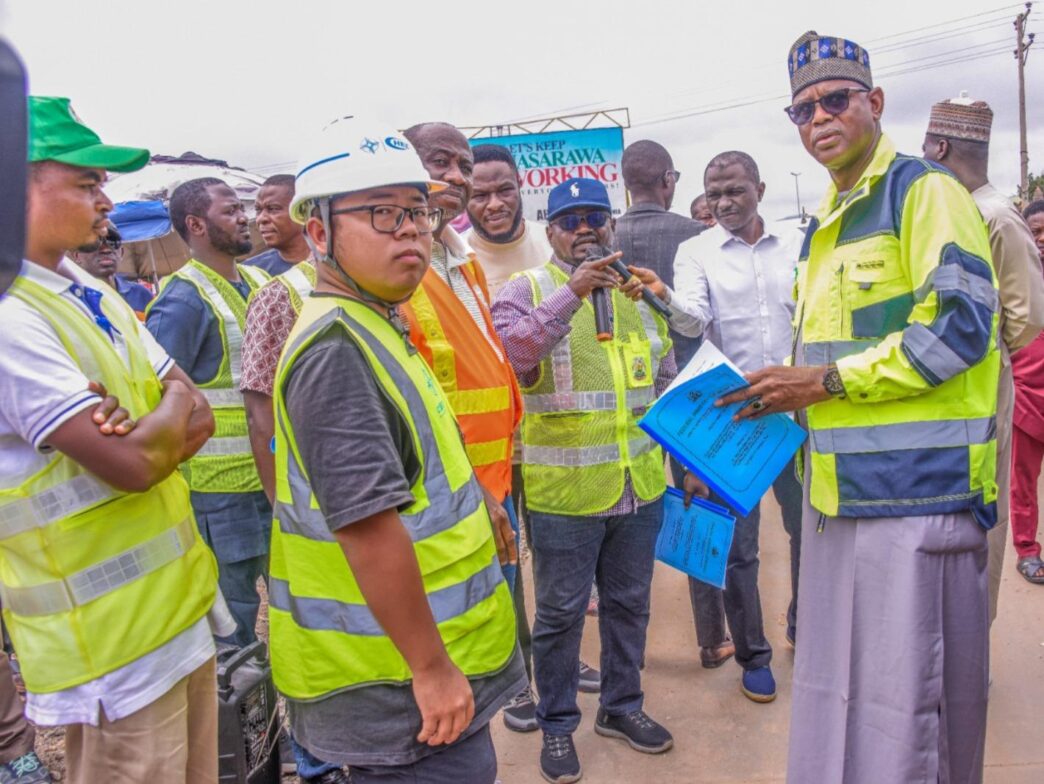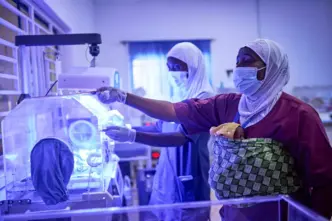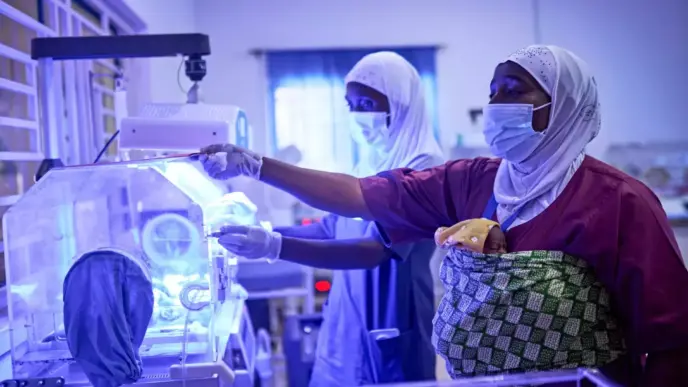The Nigerian government has ordered a faster pace of work on the Mararaba–Keffi Road upgrade, describing it as a critical link whose sluggish progress is causing severe disruption for commuters.
At an inspection of the site, the Minister of State for Works, Muhammad Bello Goronyo, rebuked the contractors for delays and instructed that night-time operations be fully utilised to hasten completion.
The stretch under reconstruction spans 43.65 kilometres and forms part of the Road Infrastructure Development and Refurbishment Investment Tax Credit Scheme (RIDITCS). It is being executed by China Harbour Engineering Company Nigeria Limited.
Goronyo said the Mararaba–Keffi Road is a vital corridor connecting the Federal Capital Territory (FCT) to Nasarawa State, but persistent congestion and bottlenecks currently negate its efficiency.
He insisted that the contractors take full advantage of federal approval for night work to accelerate progress and relieve road users.
“You have approval to work at night — please utilise it to meet the delivery schedule,” he stated.
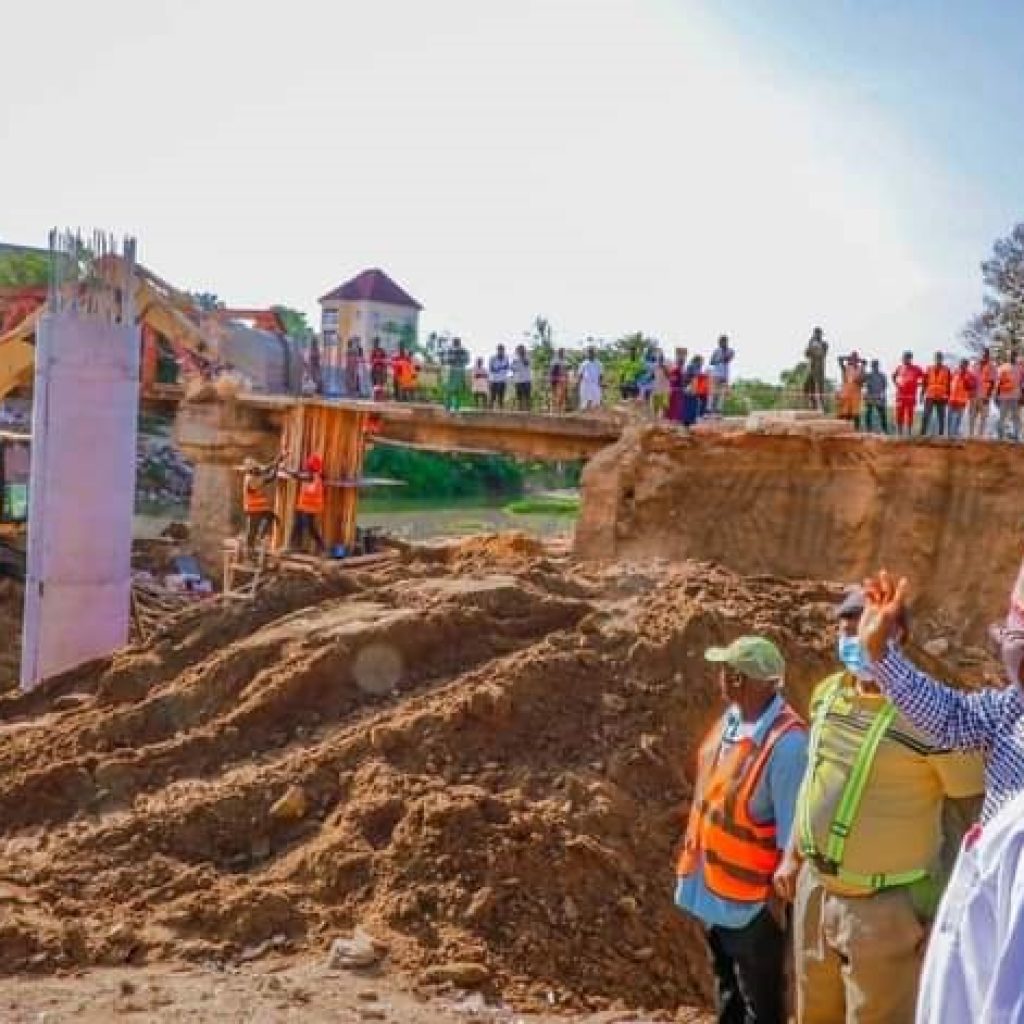
During the inspection, the project manager representing China Harbour, Dong Hong, reassured officials that the expansion work remains on course.
He said his team is fully mobilised and committed to delivering quality infrastructure within the agreed time frame.
Goronyo’s comments reflect mounting frustration within government circles about infrastructure projects lagging behind schedule.
He warned that contractors must “rise to the occasion” to match the federal government’s mandate to restore and expand critical roads across Nigeria.
Observers note that the strategy of allowing round-the-clock (including night) work is intended to soften daytime disruption to commuters, reduce travel delays, and improve productivity along the corridor.
However, success ultimately hinges on management discipline, resource allocation, and prompt resolution of bottlenecks.
The push to speed up highway expansion is consistent with the administration’s stated priority to strengthen national infrastructure and ease regional connectivity.
The Mararaba–Keffi project is viewed as a test case: if completed on schedule, it may serve as a model for accelerating other highways facing public pressure across states.


 Trending
Trending 
